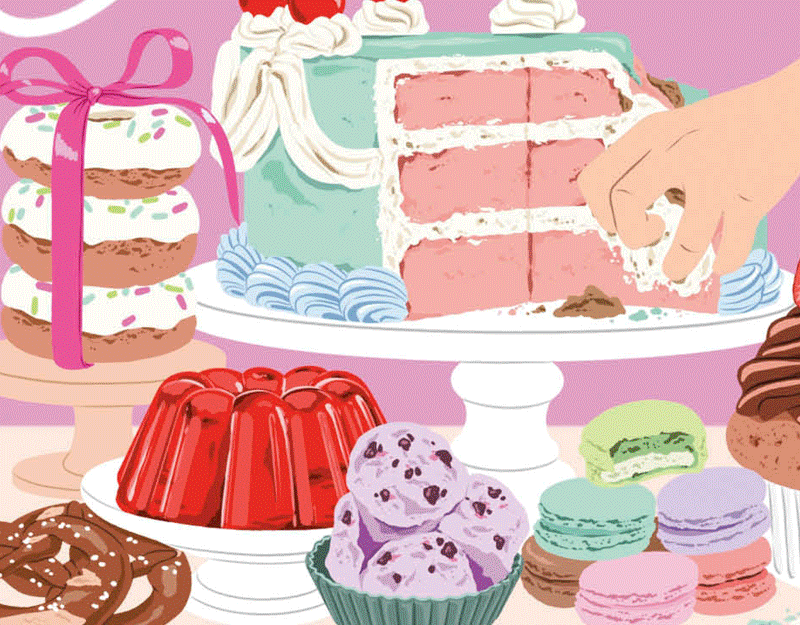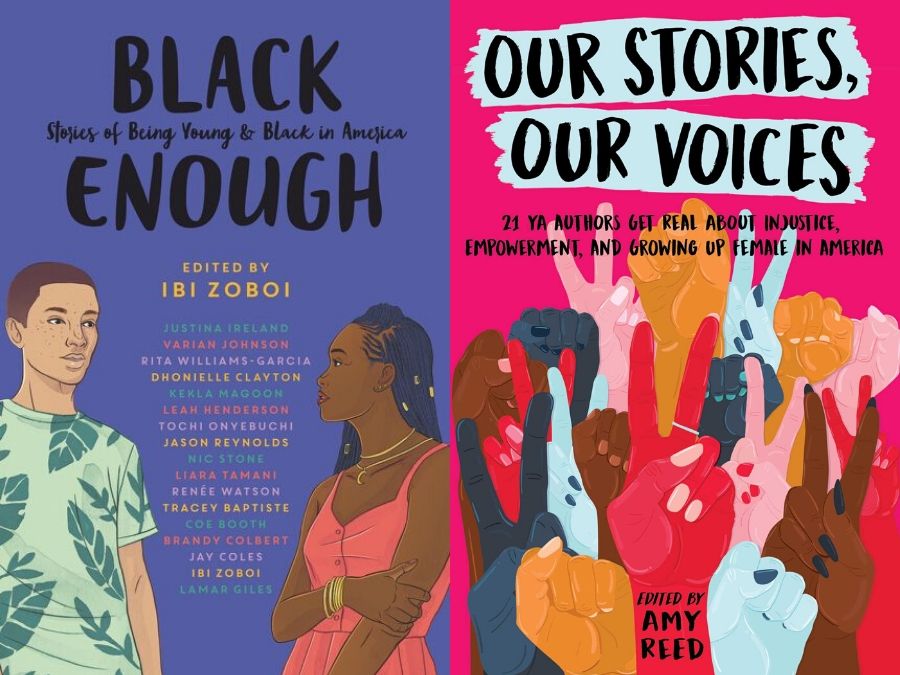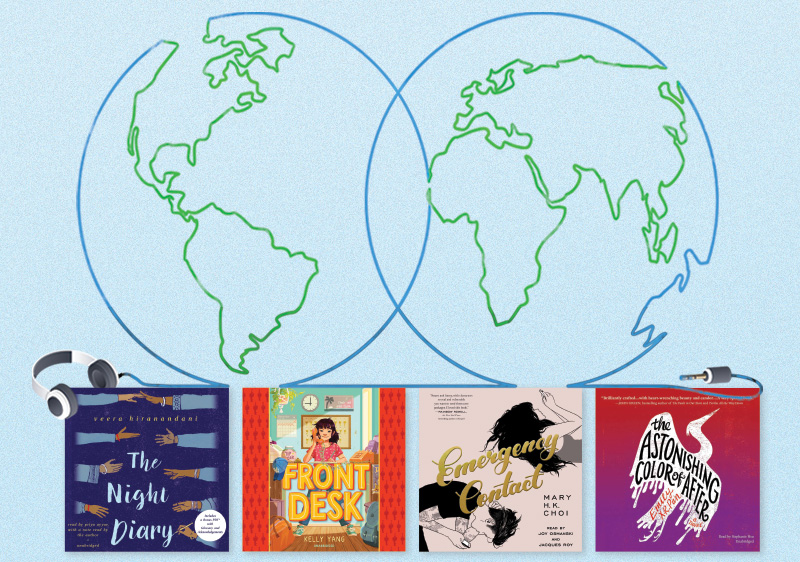Sunday Reflections: What I’ve Been Learning about Childhood Trauma and Librarianship
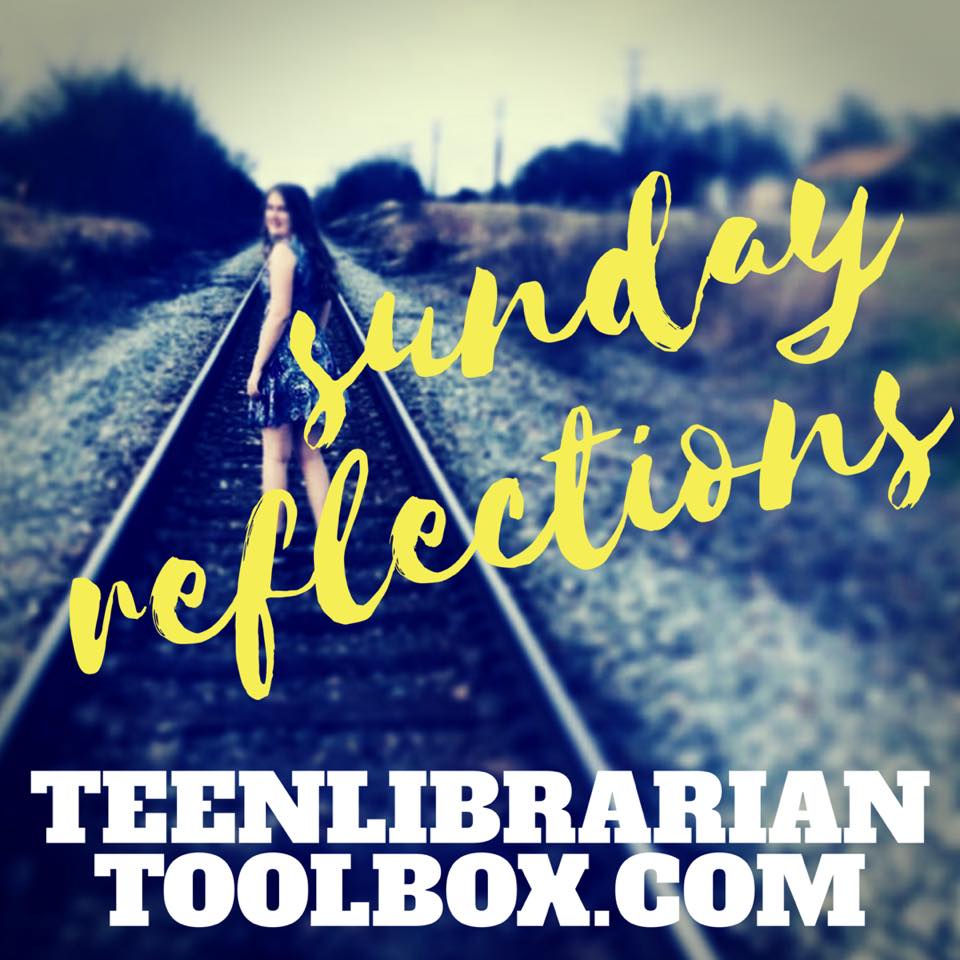
After the lights go out on the stage and the audience has long left the theater, the actors on the stage remain. They have to reset the scenery and put props in the beginning places and hang up costumes so the performance can be repeated again the next day. Even if a performance ends at 9:30 at night the kids on the stage often won’t be ready to go home for hours. And for those teens that don’t yet drive, their parents wait in the parking lot or at home by the phone until they get the message that they are finally ready to go home, exhausted and hungry yet sometimes still with hours of homework to complete and tests to study for.
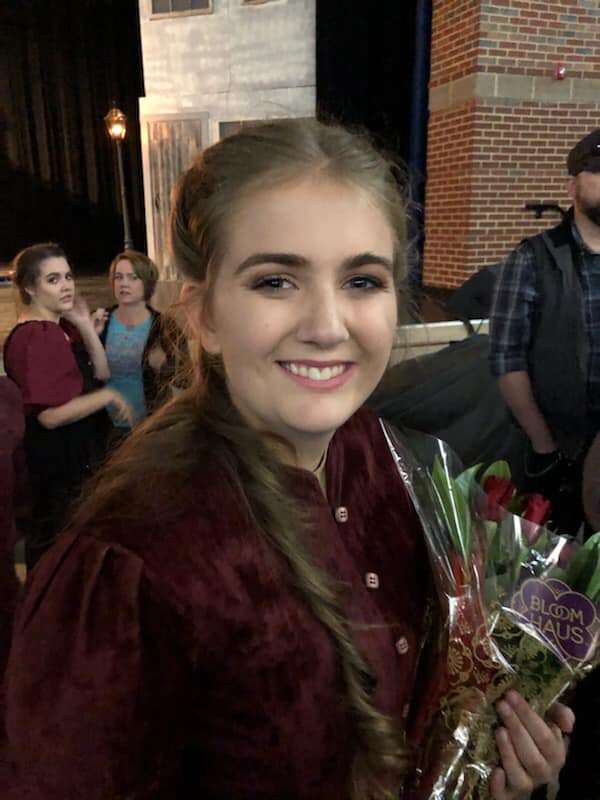
As my teenage daughter walked out to the car where her father waited a week ago, it was dark and cold and she was one of the last teens to leave. As she approached the car she saw the door standing open and her father laying on the ground. She wasn’t sure yet what was wrong but he did manage to tell her to call her mom. Which she did. And as soon as I heard her crying and telling me, “Mommy, there’s something wrong with Daddy.”, I jumped into the car and raced back to the school. That night would change us all.
ADVERTISEMENT
ADVERTISEMENT
Thankfully, as she waited, a car full of people stopped and asked her if she needed help. Which she desperately did. They called 911 and I arrived just minutes before the ambulance did. What I saw will haunt me for a really long time. I see my husband sitting there slumped over, fighting to breathe, and holding his left arm in unnatural ways every time I close my eyes. I can’t imagine what she sees at night when the darkness seems to want to haunt you with your worst fears and memories.
I was barely equipped to handle the events of last Saturday night at the age of 46. I can’t imagine what it was like for a 17-year-old.
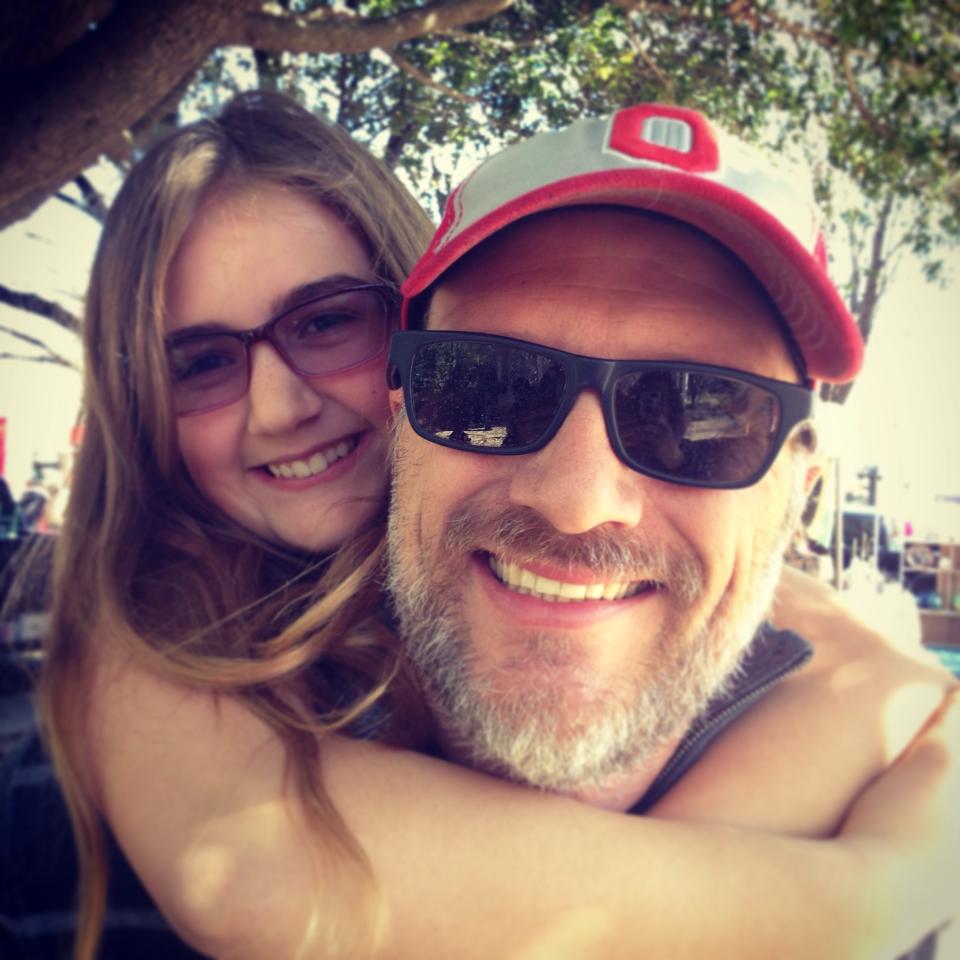
It’s been a really rough week to be a Jensen. There have been medical tests and a lot of uncertainty and trying to unpack the emotional fall out of knowing that everything in your universe has just shifted. The ground seems less stable now, less assure of itself. This beloved husband and father seems so much more precious now because we just don’t know what this means for him, for us, for our family. The silence in the uncertainty is deafening.
My Dad was visiting to see the play when all of this happened. For the last year and a half now my Dad has been fighting some serious health battles of his own. My kids went and saw him in ICU a little over a year ago and we thought for sure that would be the last time we saw him. Every time we see him, and he lives in another state so it isn’t that often, we know that this time is most likely going to be the last time. So the weekend was already heavy with emotion and medical trauma.
American Library Association: Toward a Trauma-Informed Model
I’ve been reading a lot lately about trauma informed librarianship. School Library Journal recently ran an article about the topic. I’ve seen it mentioned in some other places. I even joined a Facebook group that discusses trauma informed librarianship. I was already thinking a lot about childhood trauma and trauma informed librarianship when my family, my kids, faced their own medical trauma this past week.
Where Healing Happens: Librarians Adopt Trauma-Informed Practices To Help Kids
Trauma informed librarianship asks us all to recognize the fact that at any time any of our patrons may be experiencing their own trauma and that knowledge should inform how we approach librarianship and our patrons. Studies have shown that trauma can literally rewire the brain. It has long lasting effects. Focus For Health shares the following infographic about Childhood Trauma:

My daughter is doing okay. We talk about what’s happening and are trying to help her process the shock of walking out and seeing her father in desperate need of medical care. She has a strong family unit that loves and supports her. Because she has some anxiety issues, she already has a counselor in place so she too can help process recent events.
But I’ve worked with so many kids, so many teens, who don’t have any of those resources in place. Teens living in abusive homes. Teens living in a constant state of hunger and uncertainty. Teens living on the street. Teens who have no one to tell them that they are loved and safe and to help them process moments. Teens whose brains are being rewired and who will feel the long term effects of their childhood trauma long after they are no longer children. They will become adults who have a hard time forming long-term meaningful relationships, who live with a heightened sense of fear and anxiety even when they are living successful lives. They will become adults who are addicts because they chose to self medicate in a world where our medical care is woefully inadequate, especially when it comes to mental health care. It haunts me knowing that some of the kids I see coming into my library today will become the homeless adult who sits outside my library in the darkest hours of the night.
ADVERTISEMENT
ADVERTISEMENT
I have noticed in my professional discussions recently that a lot of libraries are backing away some from dedicated teen services and I fear this. I fear it for a lot of reasons, because I know that the key to building lifelong learners and library users is to provided dedicated teen services. But I also fear it because it’s just another way that our society sends teens the message that they are too hard, too difficult, and too challenging. I fear it because we will become another institution telling teens that there is no place for them here. I fear it because at the exact moment in their lives where teens need someone to say that we understand your unique needs and we care about meeting them successfully, we are saying the exact opposite.
Teens need communities that care about them. They need to know that they are valued and understood and supported. They need community organizations to do the work of helping them successfully navigate adolescence. Libraries used to be one of those places and more and more, I see libraries backing away from this and I fear what the long term effects will be.
Teens need adults and spaces that care about them. I hope that libraries will continue to be one of those spaces. For some of the teens in our communities, it will literally be the difference between life and death.
PS. The Mr. is doing pretty okay. We have had a lot of tests and are talking with doctors to figure out what happened and what it means in the long term, but he’s doing pretty okay.
Filed under: Sunday Reflections
About Karen Jensen, MLS
Karen Jensen has been a Teen Services Librarian for almost 30 years. She created TLT in 2011 and is the co-editor of The Whole Library Handbook: Teen Services with Heather Booth (ALA Editions, 2014).
ADVERTISEMENT
ADVERTISEMENT
SLJ Blog Network
The Moral Dilemma of THE MONSTER AT THE END OF THIS BOOK
Cover Reveal and Q&A: The One and Only Googoosh with Azadeh Westergaard
K is in Trouble | Review
Parsing Religion in Public Schools
ADVERTISEMENT



